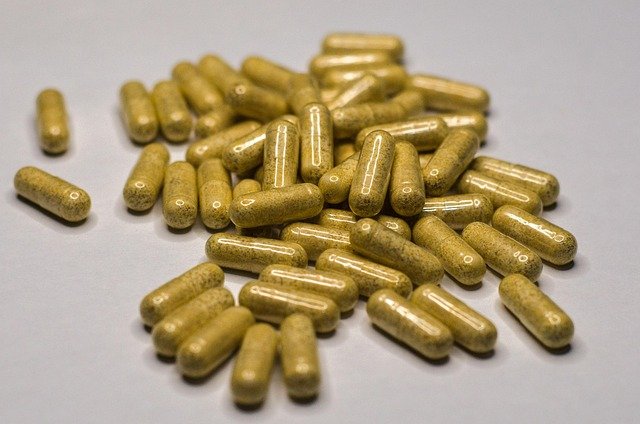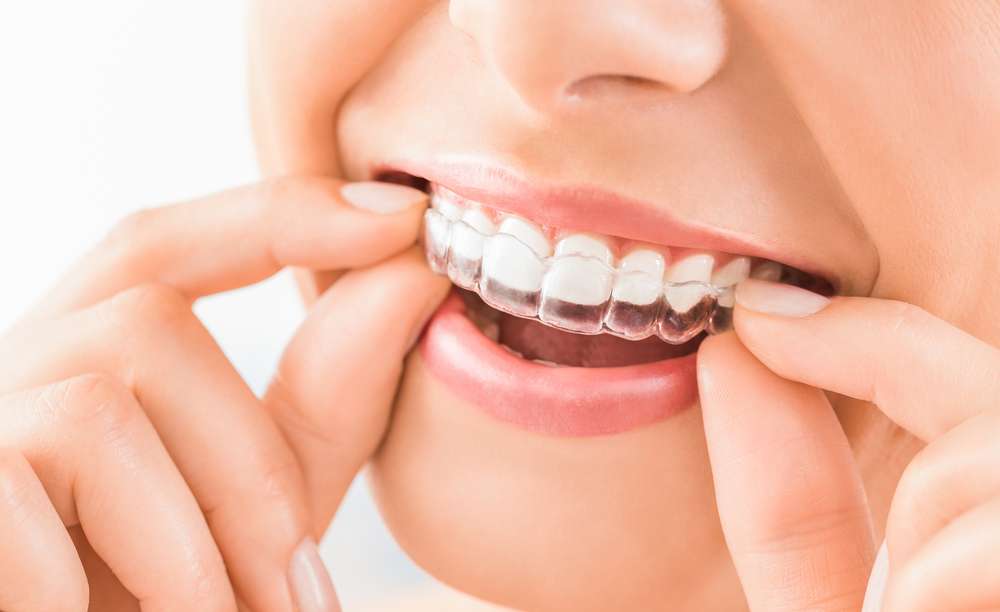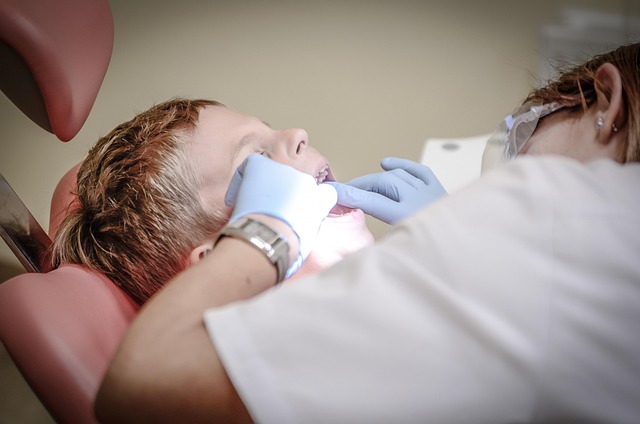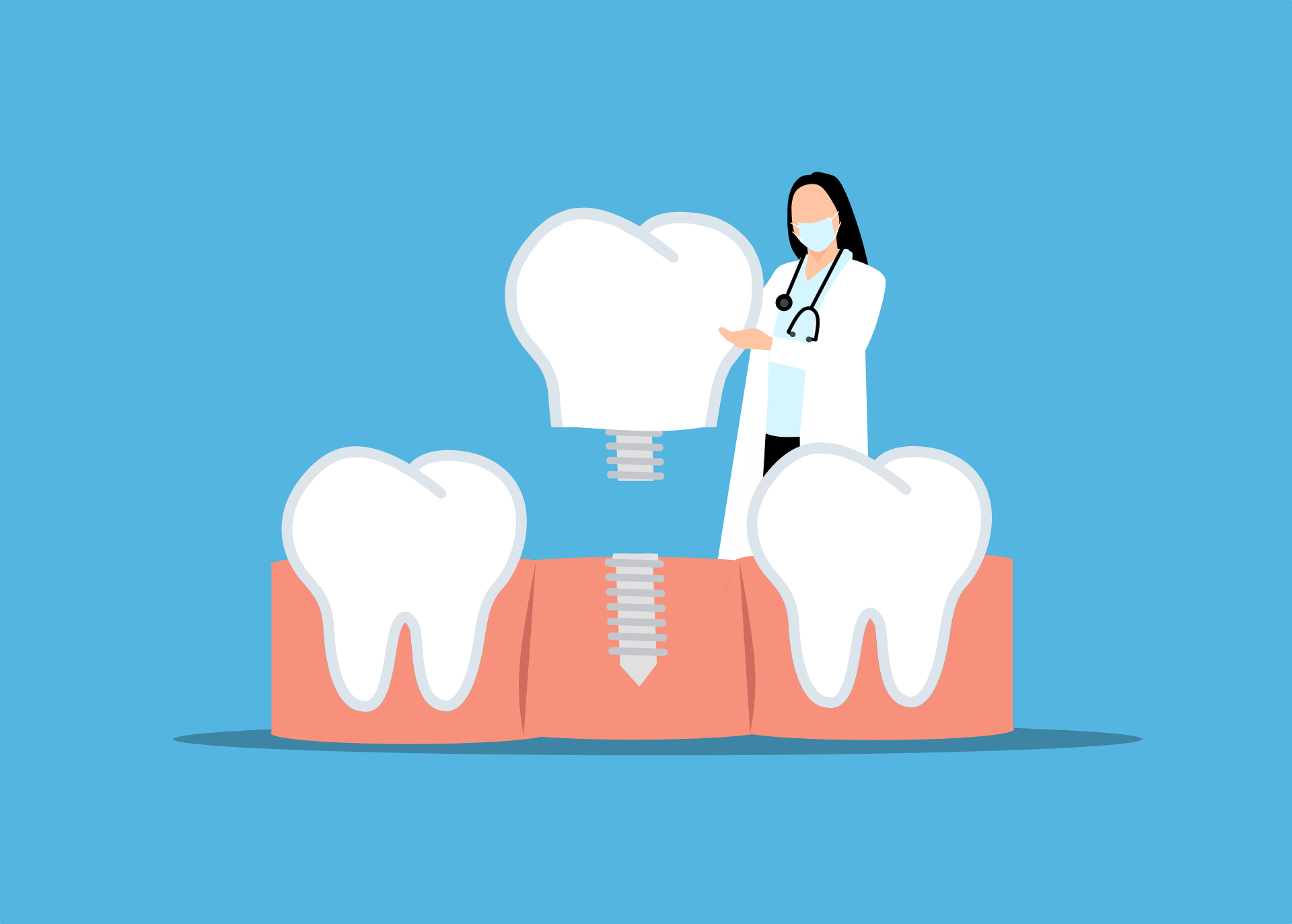What Essential Vitamins Can Boost Erectile Strength Naturally?
Erectile dysfunction affects millions of men worldwide, but research suggests that certain vitamins may play a crucial role in supporting male sexual health. Understanding the connection between proper nutrition and erectile function can help men make informed decisions about their wellness journey. While medical treatment remains important, exploring how specific vitamins influence blood flow, hormone production, and overall vascular health offers valuable insights into natural approaches for maintaining sexual vitality.

Male sexual health depends on various factors, including adequate nutrition and proper vitamin levels. Scientific research has identified several key vitamins that support healthy erectile function by improving circulation, hormone balance, and cellular health. Understanding these nutritional connections can help men make informed choices about their dietary habits and supplement routines.
The Role of Vitamins in Male Sexual Health
Vitamins serve as essential cofactors in numerous biological processes that directly impact sexual function. They support cardiovascular health, which is fundamental to erectile strength since proper blood flow is required for healthy erections. Additionally, certain vitamins help maintain optimal testosterone levels and protect against oxidative stress that can damage blood vessels and nerve function.
Vitamin D stands out as particularly important for male sexual health. Research indicates that men with adequate vitamin D levels often experience better erectile function compared to those with deficiencies. This vitamin helps regulate testosterone production and supports overall cardiovascular health, both crucial for sexual performance.
Top Vitamins Known to Support Erectile Function
Several specific vitamins have demonstrated particular benefits for erectile health through clinical research. Vitamin C acts as a powerful antioxidant that protects blood vessels from damage while supporting collagen production necessary for healthy vascular function. Studies suggest that adequate vitamin C intake may help maintain proper blood flow to sexual organs.
Vitamin E works synergistically with vitamin C to protect against oxidative stress and support healthy circulation. This fat-soluble vitamin helps maintain flexible blood vessels and may improve overall sexual function when combined with other nutrients.
B-complex vitamins, particularly B3 (niacin), B6, and B12, play crucial roles in energy metabolism and nerve function. Niacin specifically helps dilate blood vessels, potentially improving blood flow to sexual organs. Vitamin B12 supports nerve health and energy production, both important for sexual function.
How Diet Influences Erectile Strength
Dietary choices significantly impact vitamin levels and overall sexual health. A Mediterranean-style diet rich in fruits, vegetables, whole grains, and lean proteins provides many vitamins essential for erectile function. Foods high in vitamin C include citrus fruits, berries, and leafy greens, while nuts and seeds provide vitamin E.
Fatty fish like salmon and mackerel offer vitamin D along with omega-3 fatty acids that support cardiovascular health. Fortified foods and dairy products can help maintain adequate vitamin D levels, especially for men with limited sun exposure.
Processed foods, excessive alcohol, and high-sugar diets can interfere with vitamin absorption and contribute to conditions that negatively affect erectile function. Maintaining a balanced diet ensures optimal vitamin levels while supporting overall health.
Potential Risks of Vitamin Deficiencies
Vitamin deficiencies can significantly impact sexual health and overall well-being. Low vitamin D levels have been linked to increased risk of erectile dysfunction, particularly in older men. This deficiency is surprisingly common, affecting millions of people worldwide due to limited sun exposure and dietary factors.
B-vitamin deficiencies can lead to fatigue, reduced energy levels, and nerve problems that may affect sexual function. Vitamin C deficiency, while less common in developed countries, can impair blood vessel health and circulation.
Chronic deficiencies may contribute to more serious health conditions like cardiovascular disease and diabetes, which are major risk factors for erectile dysfunction. Regular monitoring of vitamin levels through blood tests can help identify deficiencies before they significantly impact health.
Expert Insights on Natural Erectile Health Solutions
Healthcare professionals increasingly recognize the importance of nutritional approaches in supporting sexual health. Many urologists and sexual health specialists recommend comprehensive evaluations that include vitamin level assessments alongside traditional treatments.
Experts emphasize that while vitamins can support erectile health, they work best as part of a holistic approach that includes regular exercise, stress management, and adequate sleep. Combining proper nutrition with lifestyle modifications often produces better results than relying on any single intervention.
Some specialists recommend targeted supplementation for men with confirmed deficiencies, while others prefer focusing on dietary improvements to achieve optimal vitamin levels naturally. The approach often depends on individual health status, dietary habits, and specific deficiency levels.
Maintaining optimal vitamin levels represents an important component of male sexual health, but it should complement rather than replace comprehensive medical care. Men experiencing persistent erectile difficulties should consult healthcare professionals for proper evaluation and treatment recommendations. A balanced approach incorporating proper nutrition, regular exercise, and medical guidance when needed offers the best strategy for supporting long-term sexual health and overall well-being.
This article is for informational purposes only and should not be considered medical advice. Please consult a qualified healthcare professional for personalized guidance and treatment.




